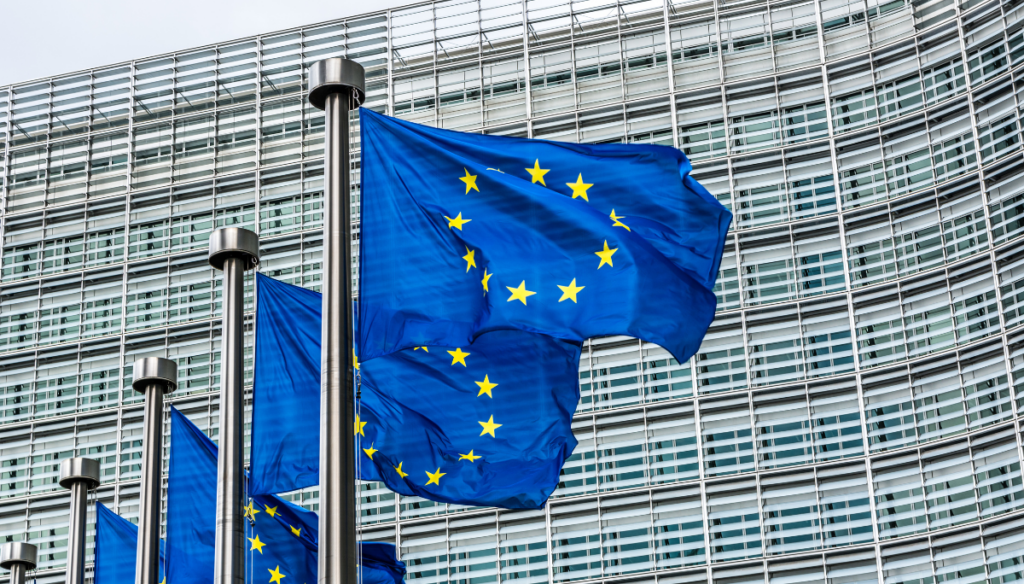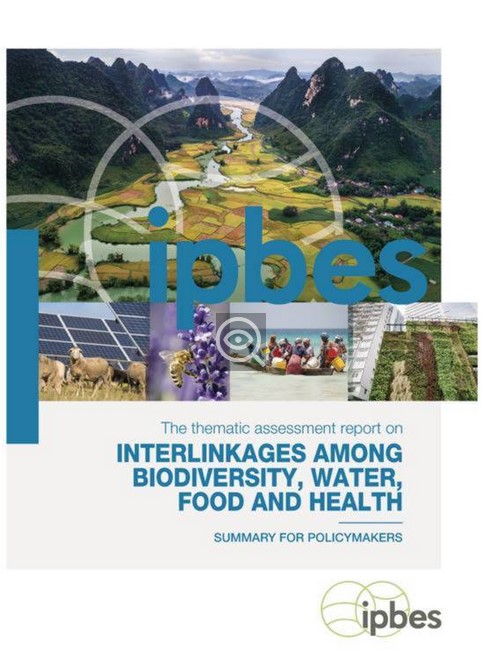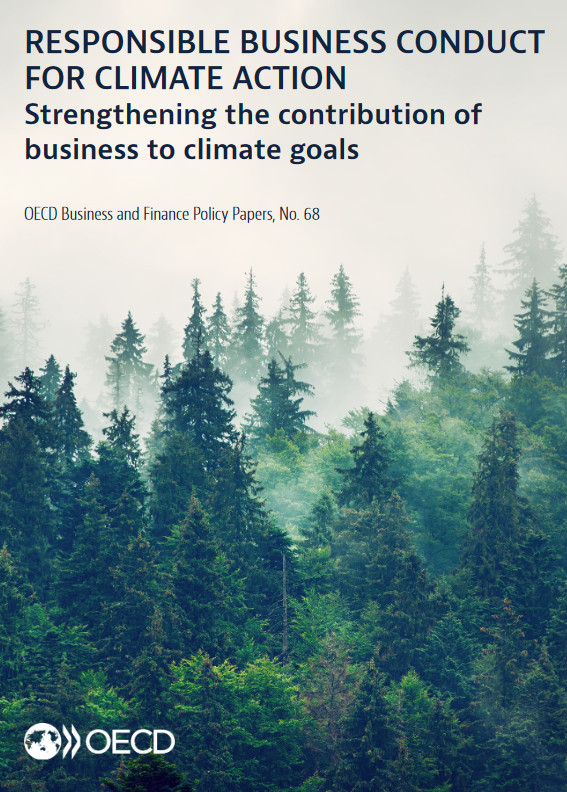Balancing technology with human solutions for effective supply chain transparency and traceability beyond tier 1 suppliers
Category Archives: Climate Change
Discover how Sutti’s EU-Indonesia trade model creates sustainable supply chains, generating €25 local value per €1 invested over 10 years
Transform trade volatility into opportunity with resilient supply chains that address both tariff pressures and sustainability challenges
Navigate CSRD’s Omnibus package changes with Ksapa’s expertise in materiality, compliance and sustainability strategy implementation
Discover how Ksapa resolves human-wildlife conflicts through stakeholder engagement, community inclusion, and landscape management.
IPBES report reveals urgent crisis in food-nature-health systems, highlighting critical need for integrated solutions to protect our future
Explore highlights from Ksapa’s 2024 annual event, where leaders and changemakers united to advance sustainable global transition
OECD framework offers businesses climate action guidelines, transcending COP limitations to drive practical, measurable progress
Analysis of COP29’s carbon market breakthroughs, and energy transition talks as nations prepare for COP30’s critical decisions
Explore key takeaways from Ksapa’s 2024 panel on implementing living wage programs across global supply chains and driving measurable impact










